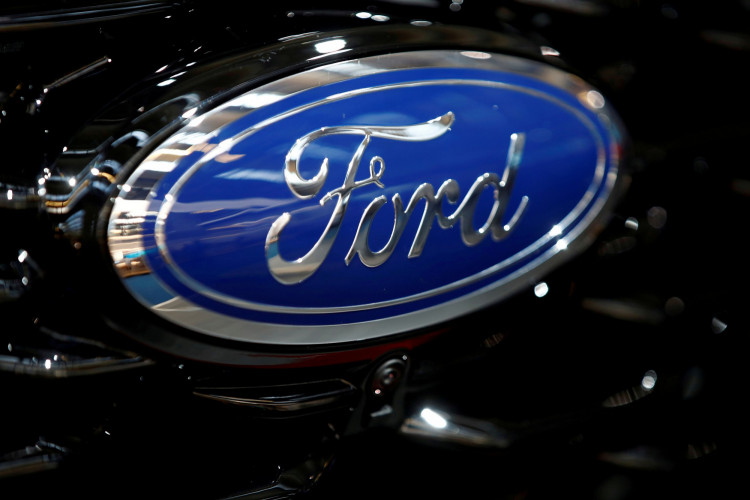Ford Motor Co. has issued a "do not drive" advisory for owners of certain Ford and Lincoln vehicles equipped with faulty Takata airbag inflators. The advisory, announced on Tuesday, targets vehicles that have not yet undergone necessary repairs under three previous safety recalls. The Takata airbags, notorious for their potential to explode with deadly force, have been linked to at least 27 deaths in the U.S. and hundreds of injuries, prompting the largest automotive recall in U.S. history.
The latest advisory affects approximately 318,700 Ford and Lincoln vehicles in the United States, with a global impact on 672,600 vehicles, according to Ford spokesperson Maria Buczkowski. Among the affected vehicles are several popular models, including 2004-2006 Ford Ranger trucks, 2005-2014 Ford Mustang vehicles, and 2005-2006 Ford GT vehicles. Additionally, passenger airbag inflators in models such as the 2006-2012 Ford Fusion, Mercury Milan, Lincoln MKZ / Zephyr, and 2007-2010 Ford Edge and Lincoln MKX are also included.
This advisory marks the second "do not drive" alert related to Takata airbags issued by Ford, underscoring the severity of the ongoing risk. The Takata airbag inflators, which were first recalled in 2015, have been found to degrade over time due to factors like age, heat, and humidity, ultimately transforming into dangerous explosives. These faulty inflators have already resulted in numerous fatalities and injuries, with the most recent incidents driving home the critical need for vehicle owners to take action.
Ford's call to action follows similar advisories from other automakers, including Mazda, Nissan, and Toyota, all of whom are grappling with the fallout from the Takata airbag scandal. Mazda North American Operations has also issued a "do not drive" alert, affecting 82,893 vehicles in the U.S. These include models such as the 2004-2009 Mazda B-Series and 2003-2013 Mazda6, among others.
The National Highway Traffic Safety Administration (NHTSA) has been vocal about the dangers posed by these defective airbags. In a statement, the agency urged drivers of the affected vehicles to stop driving immediately and get their airbags repaired or replaced. "The age of these vehicles makes it increasingly possible that a part inside the airbag will explode and expel sharp metal fragments during a crash. This could cause serious injury or death to the driver or passengers," warned the NHTSA.
Ford's ongoing efforts to address the Takata airbag issue have been extensive, with more than 121 million outreach attempts made to customers, including letters, emails, phone calls, text messages, and even door-to-door visits. Despite these efforts, about 5% of U.S. customers have yet to complete the necessary repairs. The company has assured customers that parts are available, and it is offering mobile service, towing, and interim loaner vehicles to facilitate the repair process.
Mazda's recall, while smaller in scope, is equally urgent. The company has joined Ford in advising customers to stop driving the affected vehicles until repairs are completed. Both automakers are offering free repairs or replacements of the defective airbags.
The Takata airbag crisis, which led to the bankruptcy of the Japanese manufacturer, has resulted in the recall of 19.2 million vehicles in the U.S. alone. The ongoing investigation by government regulators suggests that millions more vehicles may still be at risk. For vehicle owners unsure if their car is part of the recall, Ford and Mazda have provided online tools where drivers can enter their Vehicle Identification Number (VIN) or license number to check their recall status.






